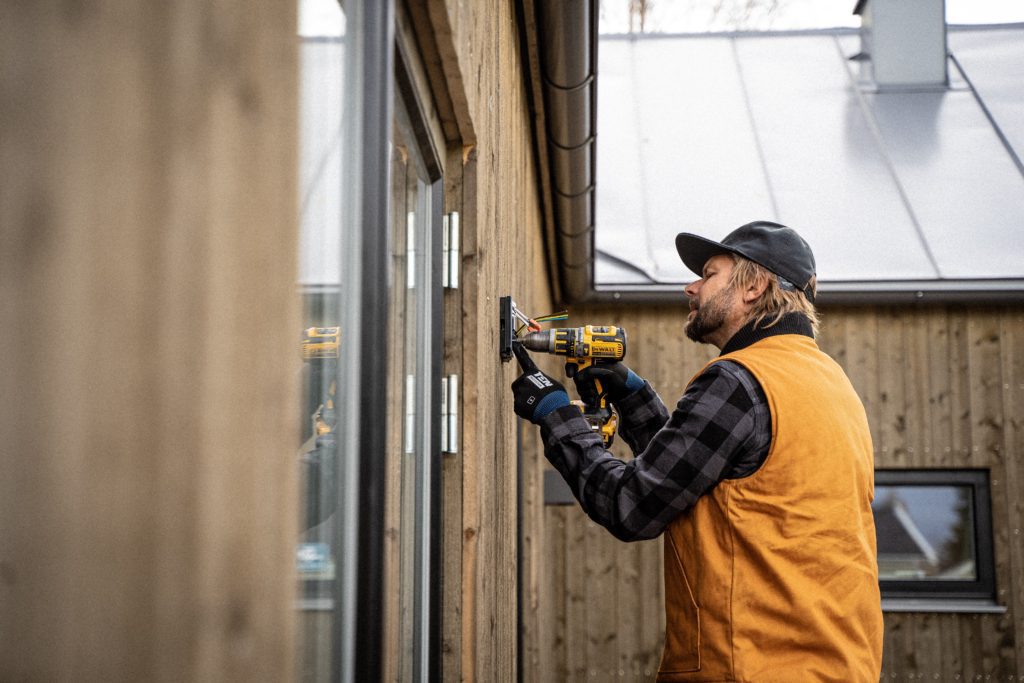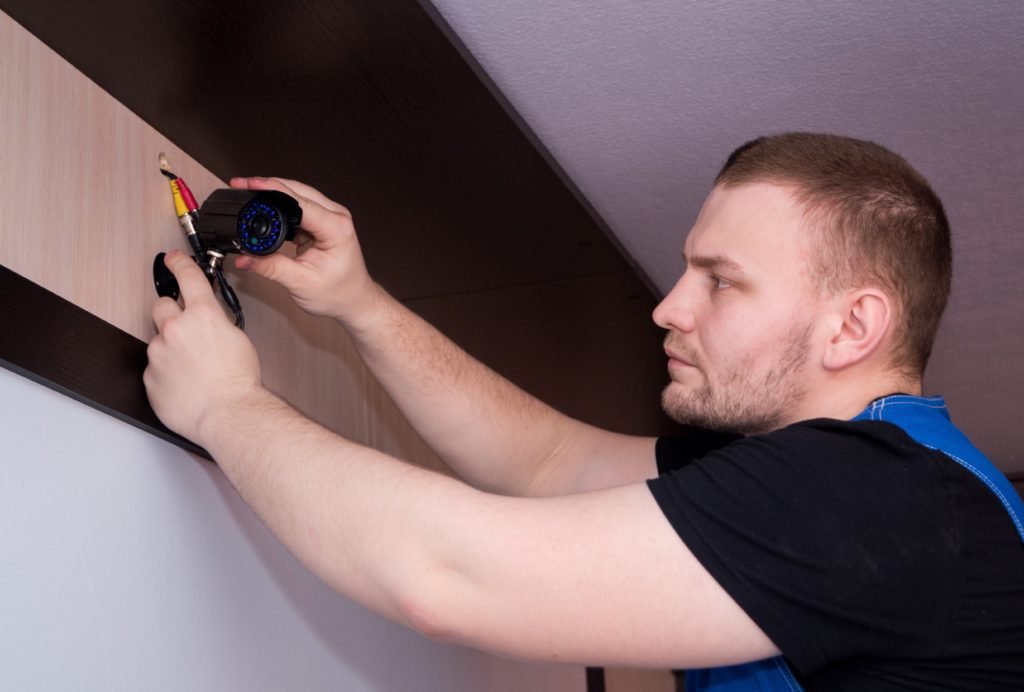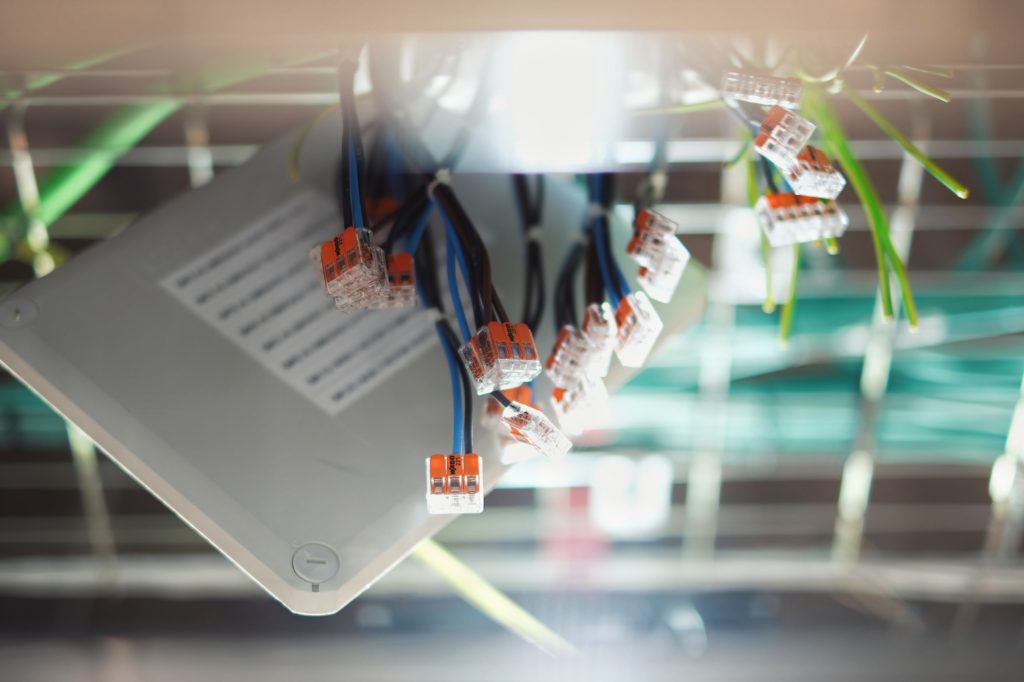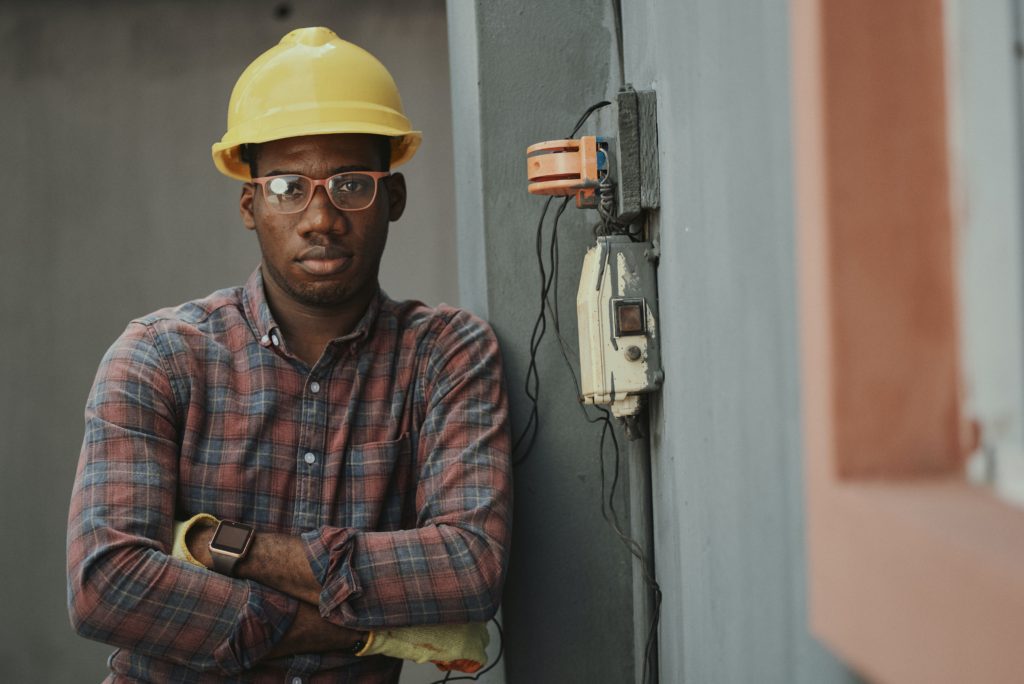We want you to know that this site is supported by our users. Some of the links you’ll find on our site are affiliate links, and if you make a purchase through those links, we may earn a commission at no extra cost to you. Thank you for your support – it’s what keeps us going!
As technology advances at a rapid rate, more homeowners around the world are turning to home automation as being a great way to create enhanced functionality and usability within their homes. You’re likely reading this article because you’re interested in setting up a smart home yourself. This begs the question: do you need an electrician for a smart home automation project?
There are a huge number of options out there for homeowners but it’s hard to know where to start. In fact, there can be dangers of approaching your project as a solely DIY installation, rather than seeking the help of a trained electrician.
Depending on the size of your smart home project, you may need the help of a qualified electrician to wire in smart devices around the home. For a simple plug and play approach, this is overkill. For anything more complex you should consult an electrician. This is imperative to ensure you are not putting anyone at risk on the property.
In this article we are going to be looking at whether you actually need an electrician for your smart home project, the pros, cons and the importance of using professionals to assist you! Let’s get into it…
Home Automation – Do You Need an Electrician?

It goes without saying that smart homes and home automation is a kettle of worms. It’s never as simple as ‘plug and play’, sadly. With technology becoming more all-consuming and powerful, installation is also becoming more of a challenging feat for the everyday homeowner.
We are friends with a few local electricians, and they’ve been taking on more work recently involving wiring and installing smart home equipment in properties than ever before!
So, let’s take a look at the various complexities of home automation systems to guide you as to whether or not you can take on the installation yourself…
Understanding The Complexity of Home Automation Systems
Of course, there are varying levels of complexity with home automation systems and gadgets. For example, if you’re looking at using a simple smart thermostat, you should be fine to set this up yourself by using the user manual supplied. There are a huge amount of smart home guides online to help you with such a simple project.
However, if you’re looking at a full home automation setup with a central console, this is going to need professional guidance.
From our experience, full home automation guides are incredibly challenging for the everyday person to follow, with no background in electrical work. Not only that, but the systems also usually need to connect to the house’s central power, rather than just plugged into a socket in your home office.
There are also safety codes to follow when installing any kind of electrical device within a home. These codes are designed to ensure best practice, and this goes beyond the remit of any hobbyist – this needs to be done by professionals.
We can take the assumption that your home automation system isn’t a quick plug and play, or you wouldn’t be taking the time to read this guide. So, let’s look at the importance of using a professional in this space.
The Importance of Professional Electrical Expertise

Our view is simply that of the fact you need to hire a professional if you want things to go smoothly. We’re hobbyists ourselves and love the idea of sitting on YouTube for a few hours or reading a ‘how to set up a smart home guide’ before attempting the project ourselves.
However, with so much money on the line and the safety of your family, this just won’t cut it!
Luckily, due to the influx of homeowners looking to make their homes as smart as possible, there are now electricians that specialize in home automation.
When looking for electricians in your area, we’d recommend requesting if they’ve worked on these kinds of projects before. Although the basics of electrical work remain the same, you’re going to have a more satisfactory result and potentially a lower cost if you ensure they’re experienced in this!
The Benefits of Hiring an Electrician for a Smart Home Automation Project
Now we know how important it can be to include a professional electrician in your smart home project, let’s take a look at some of the benefits.
These benefits include:
- Peace of mind that the system is set up and working correctly.
- Support post installation, should things go wrong.
- The electrician will explain everything you need to know. This is often hard to gather from user guides and often only certain parts are applicable to your project/needs.
- The job will be completed safely.
- You will negate the risk of needing to purchase a new system as you’ve destroyed yours during installation.
As you can see, there are a huge amount of benefits of hiring an electrician to set up your smart home functionality. Not only will this save you time and give you assurance that it’s set up safely, it’ll most likely save you money in the long term!
The Risks of Not Hiring an Electrician for a Smart Home Automation Project

There are a few risks of attempting this installation yourself, rather than seeking the guidance of a professional to oversee the work. At the risk of sounding morbid, some of these are fairly serious.
These risks include:
- Risks of fire due to wiring being faulty.
- Risks of blowing fuses.
- No peace of mind as to the system being installed correctly.
- No post installation support when things go wrong.
- Excess of visible cables, resulting in trip hazards.
Of course, some of these risks are fairly negligible and can be easily worked around. However, hopefully these risks do highlight the benefits of using a professional to assist you in the process.
Again, it’s worth noting that if you’re just looking to set up an Alexa or Google Home, this is overkill!
In Summary – Do You Really Need an Electrician for Smart Home Setups?
In conclusion, you do need an electrician for your smart home project if you’re doing anything more complex than just plugging in devices to your existing wall sockets.
We’d highly recommend prioritizing safety and spending that little bit extra in the setup phase of your project to ensure there are no nasty surprises down the road.
Have you set up a smart home system yourself? We’d love to hear about it in the comments below!



